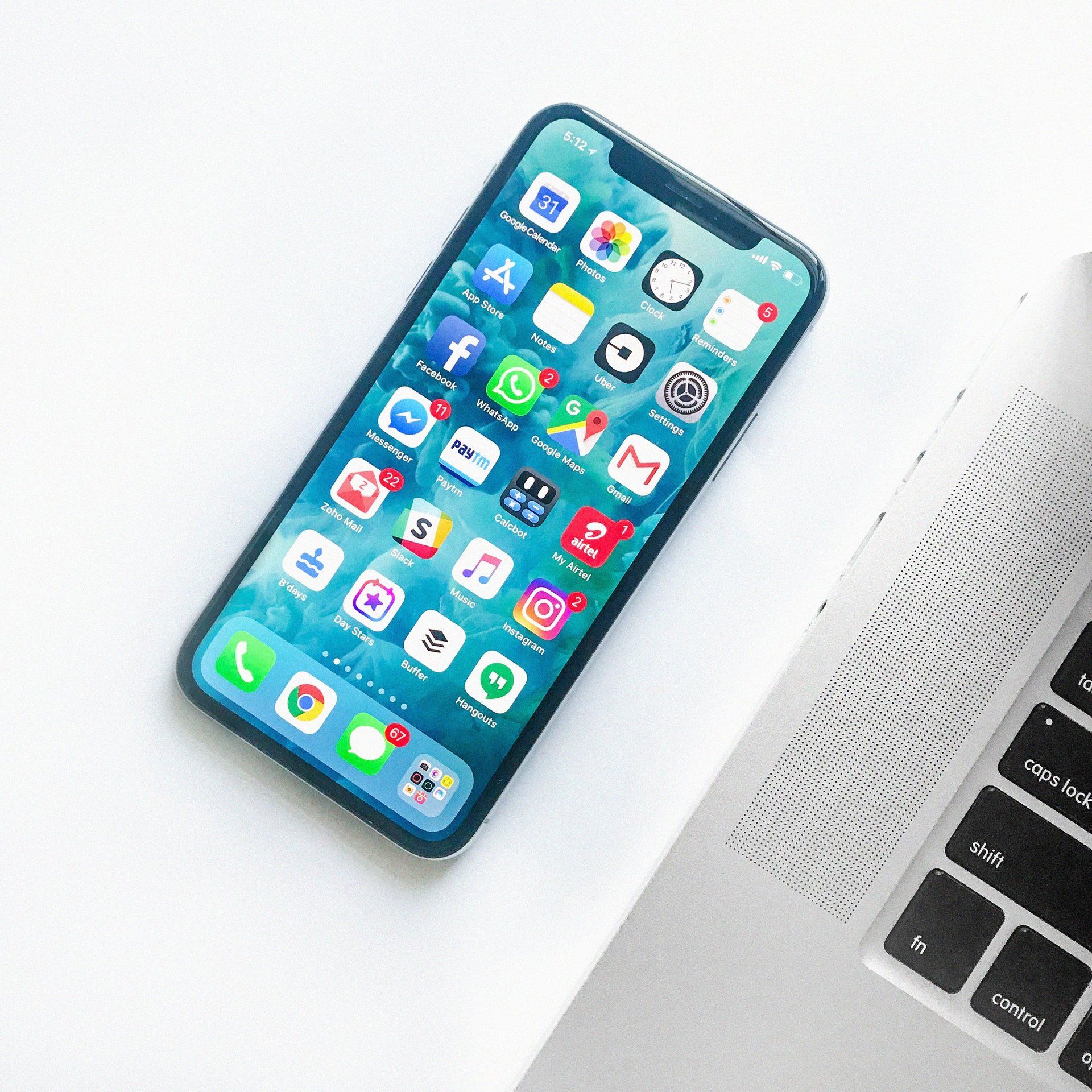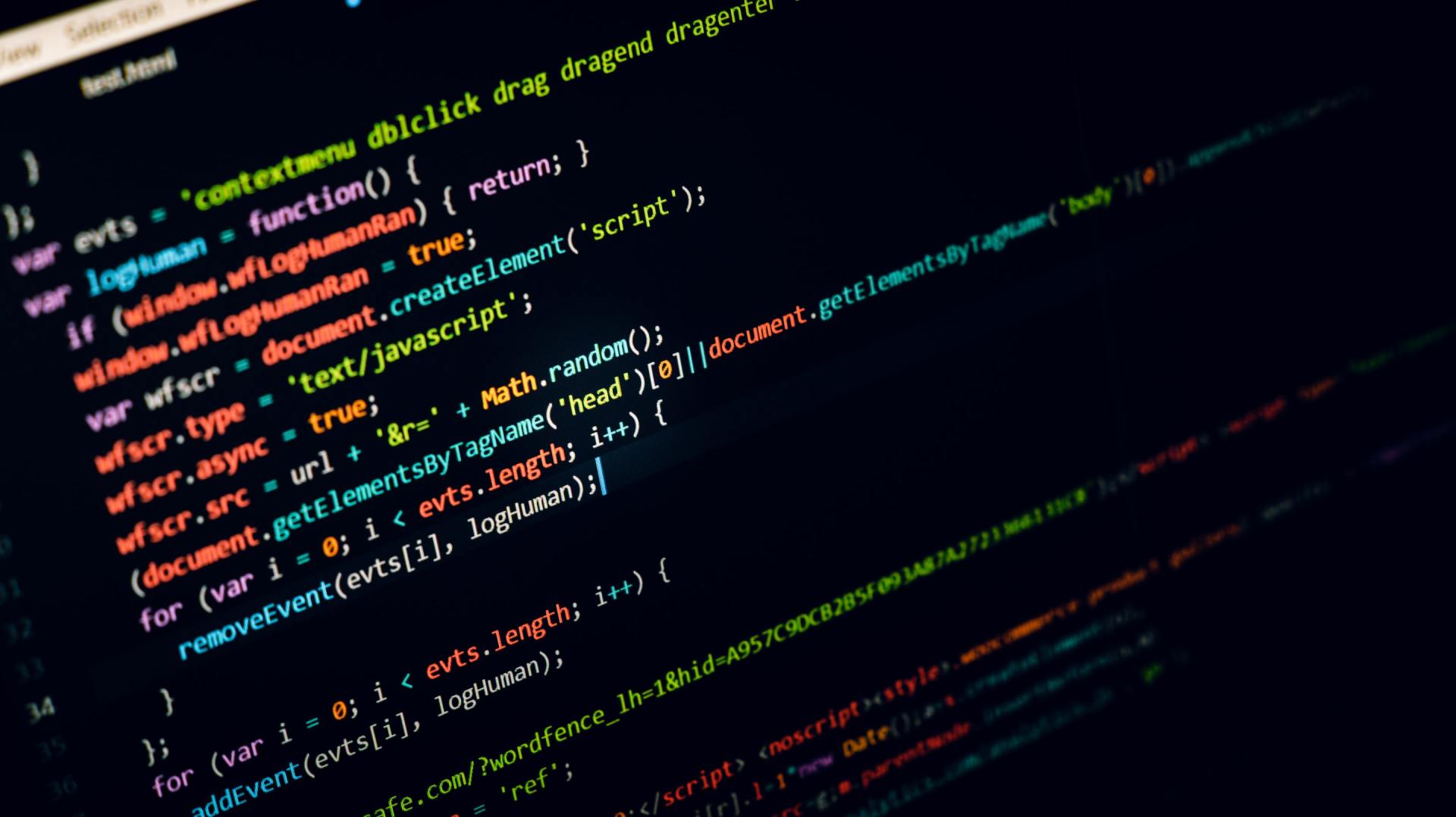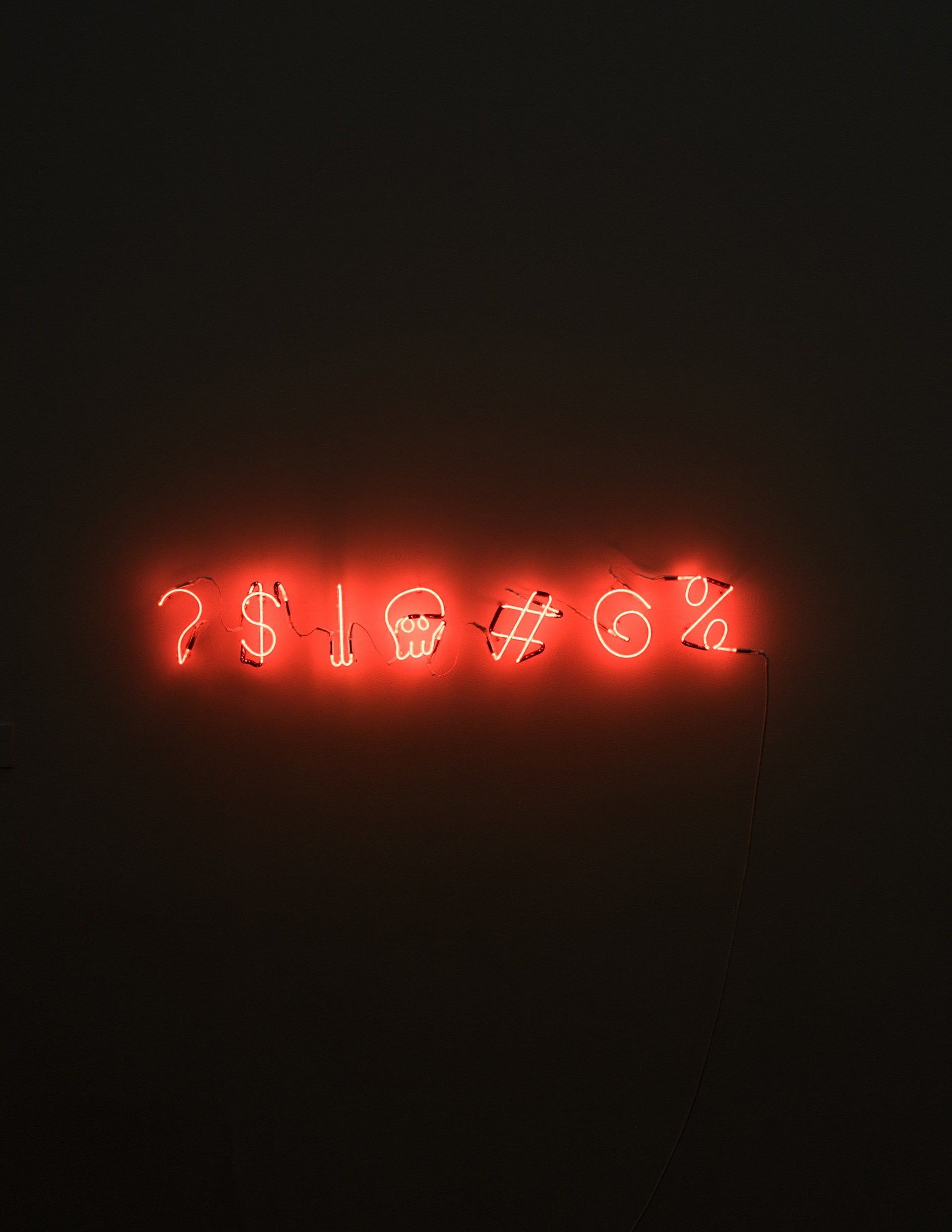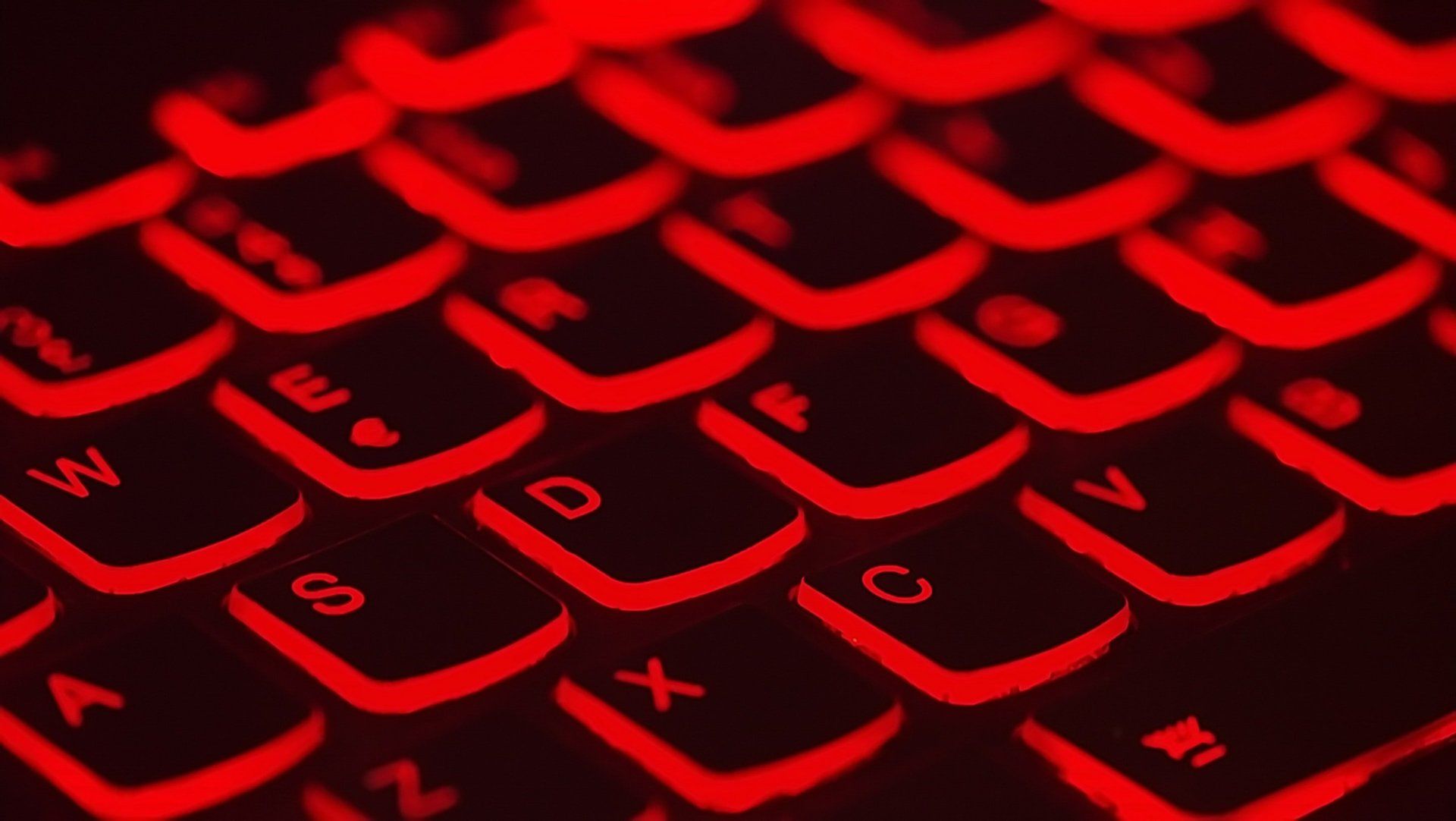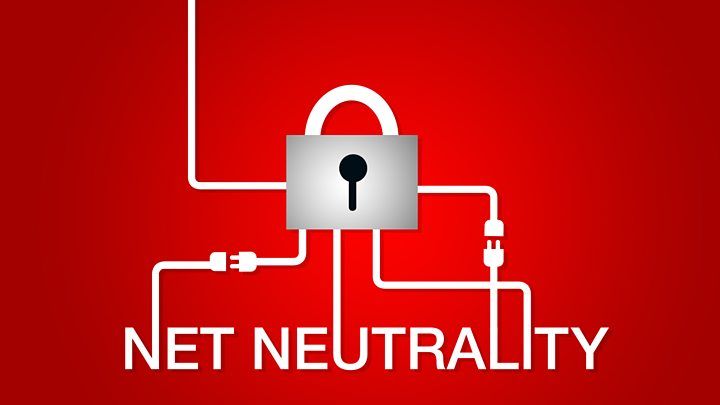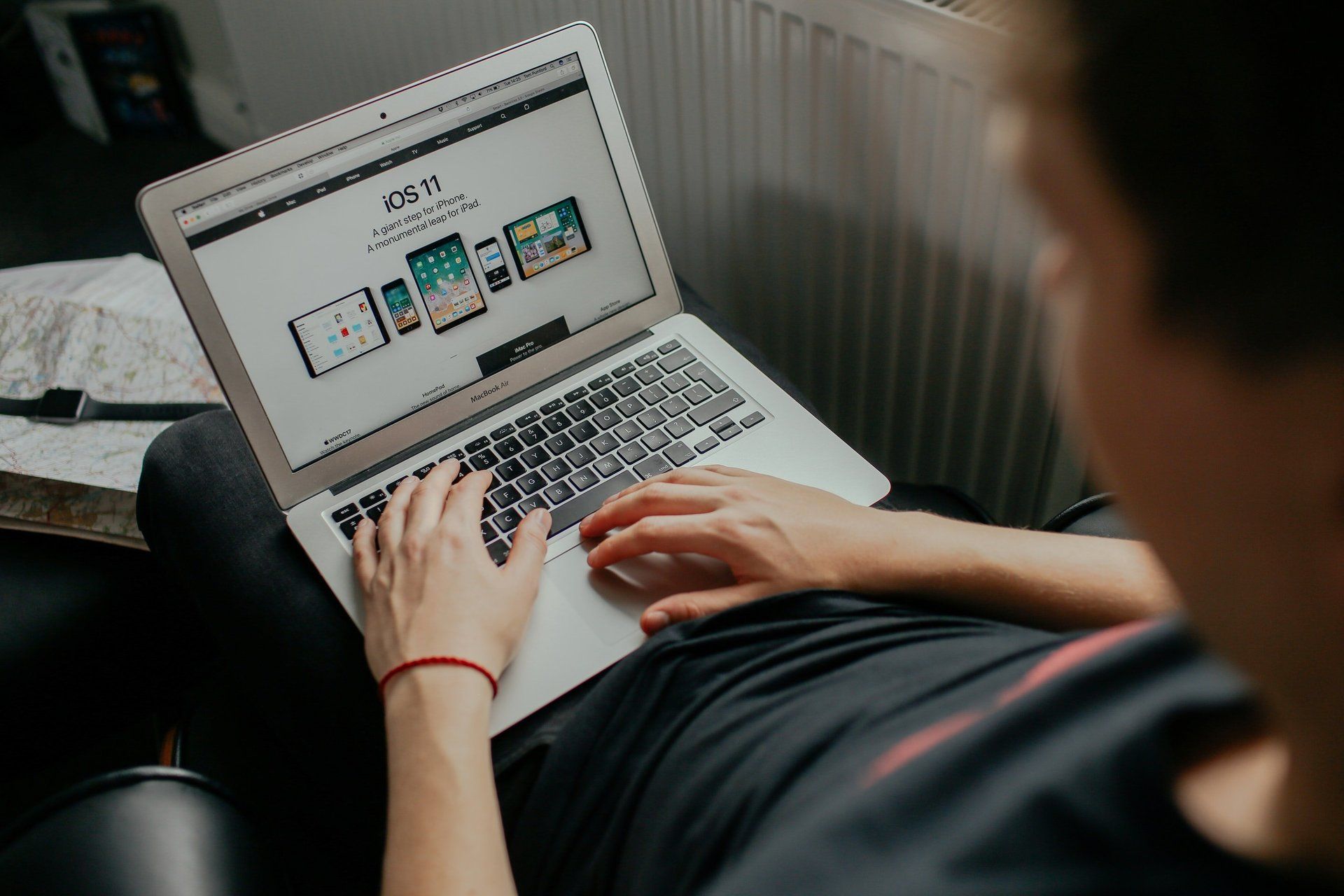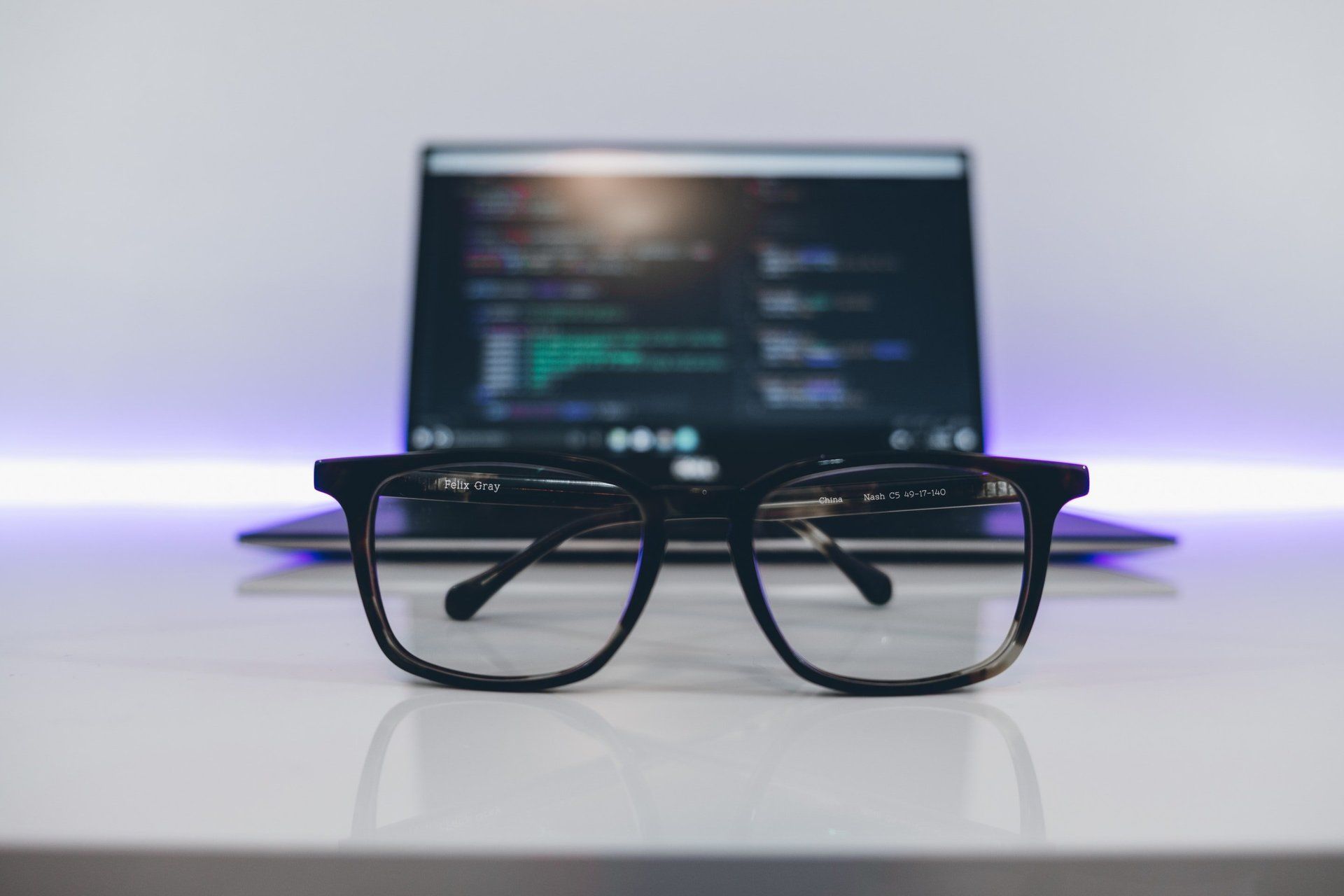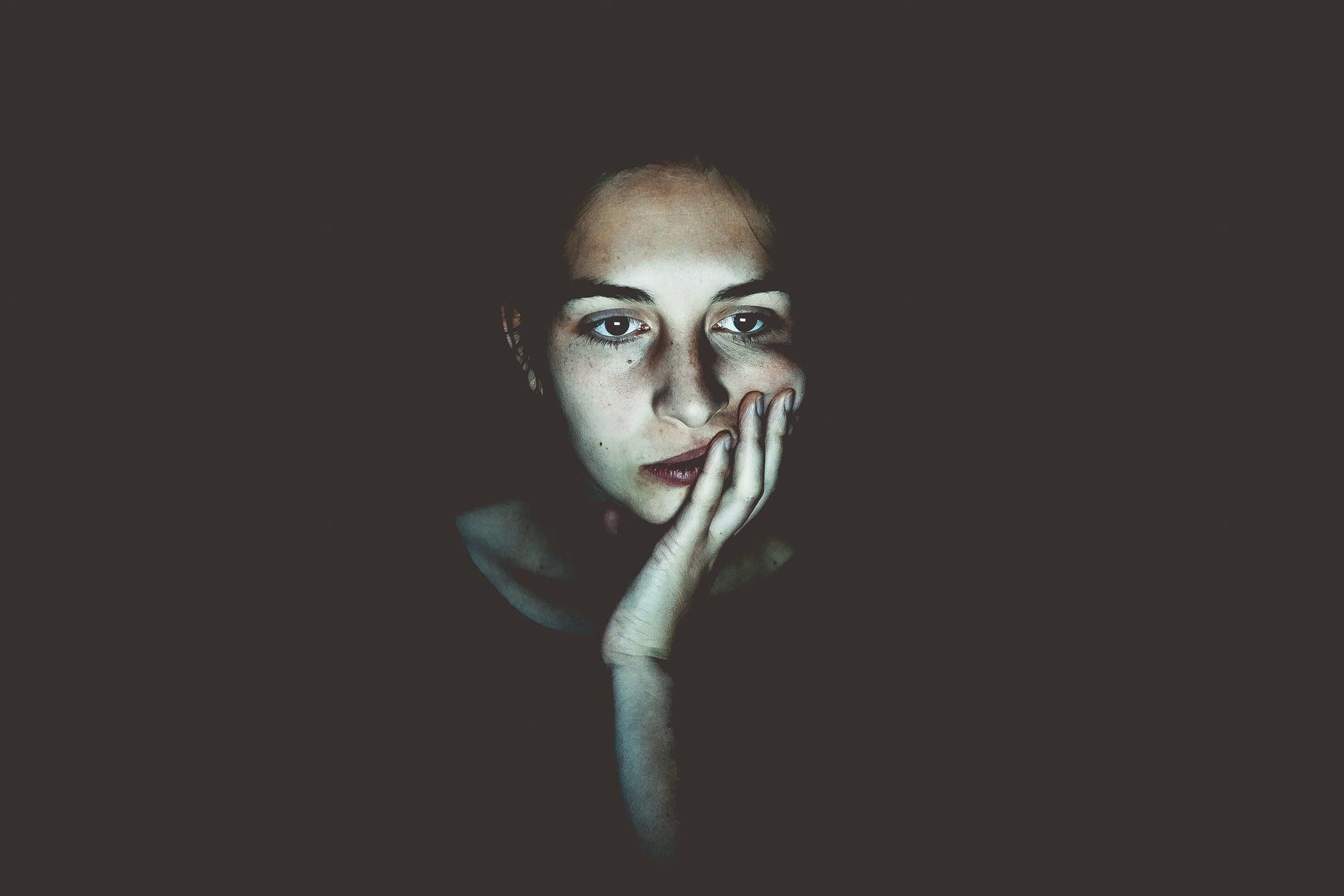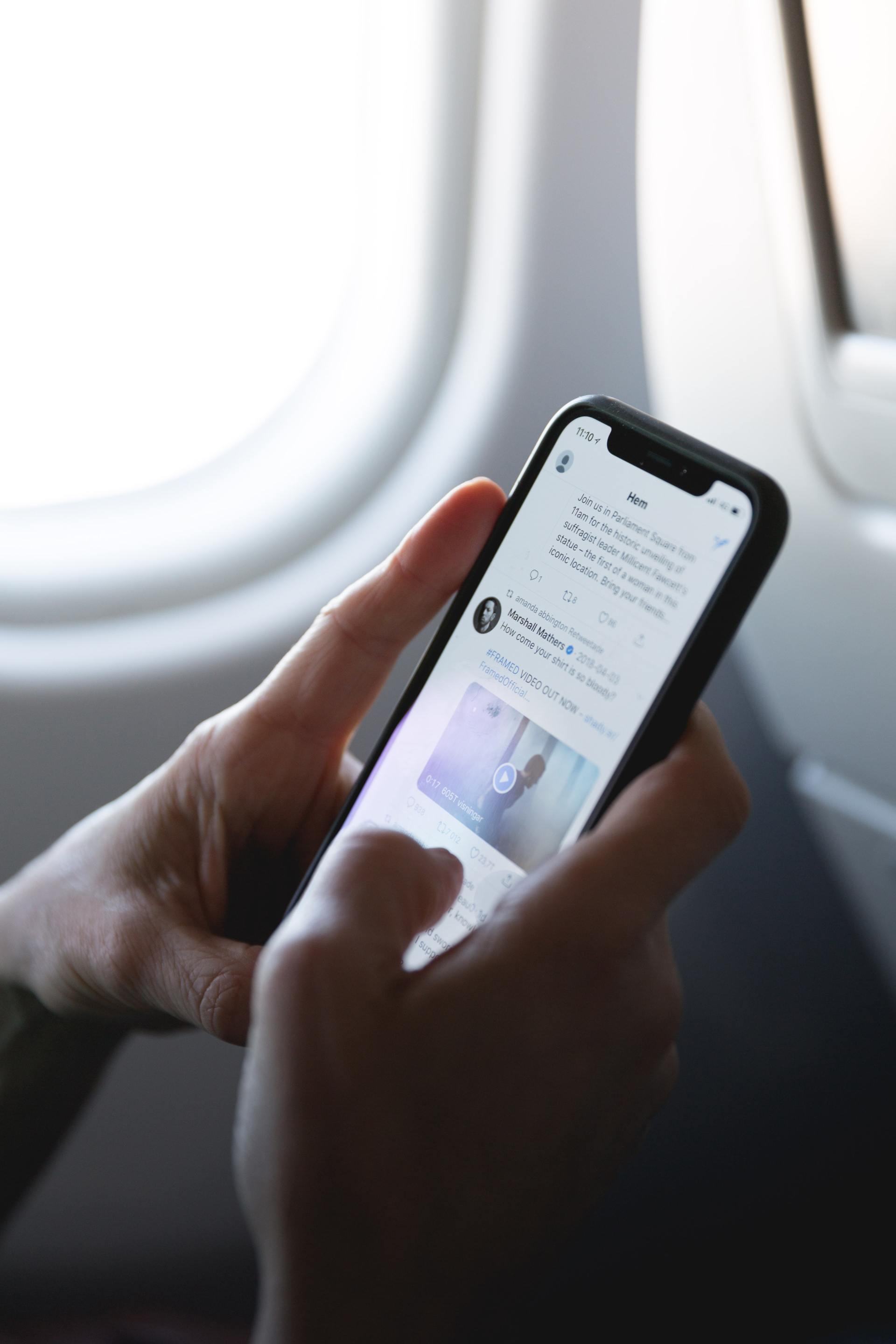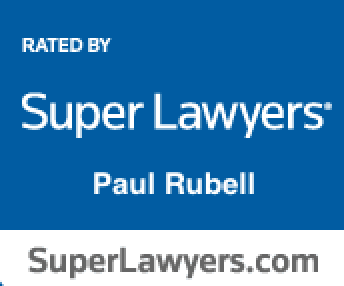News flash: Facebook hosts fake news. The Presidential election is hacked.
- By Paul Rubell
- •
- 22 Dec, 2016
The “real” media has been broadcasting the woes of so-called “fake” news. What is fake news? Can any news story really be accurate yet unbiased? Is it possible for a reporter to write or read stories like Walter Cronkite once did, without giving them a spin or bias?
Fake news is not new. It has been around for hundreds of years since the dark days of the Gutenberg printing press. Yellow journalism in the mid-1800s used fake interviews, false experts and bogus stories to spark sympathy and rage as the media moguls desired.
In the 1950s, the villainous Senator Joseph McCarthy manipulated the media to report his own skewed version of newsworthy facts.
In 1835, the New York Sun claimed there was life on the Moon.
Benjamin Franklin wrote fake propaganda stories about British and Native American violence towards American settlers to stir up popular sentiment.
The National Enquirer has routinely reported sensational news for decades that is flat-out untrue.
So what is different about today’s fake news and the false reporting that we have witnessed for centuries? Social media has made fake news more widespread. Many of Facebook’s 1.6 billion users look to social media as their primary source of information and news. The reach of fake news is long and so is its effect, just as it was in the 2016 Presidential election.
We have a President-elect who tweets and a voting public that takes the easy route to learning about the world around them. Facebook is not The New York Times. News is not supposed to be social, and the media is not supposed to socialize with newsworthy subjects. Social media is not news. It is neither educational nor reliable.
Here in America, Land of the Free, the 1st Amendment any restrictions on the content of a news article or any other written or verbal statement. For instance, a fictional novel is by definition fake; it is not real. What else could the genre Fantasy and Science Fiction mean otherwise? Fake, false, made-up. The 1st Amendment’s broad umbrella also protects the free exercise of religious beliefs. Is the Bible or Koran fake, just because not everyone buys into the story? Some consider holy books to be literal; others learn from their parables, whether factually correct or instead symbolic lessons.
Is Russia the real problem with fake news? Or are we our own worst enemy? As a society, we are relying more and more upon social media to obtain news to help us make important decisions in an informed way. Maybe it is time to question why we spend so much time studying those Facebook feeds, texts, Snapchat streams and Twitter feeds.
